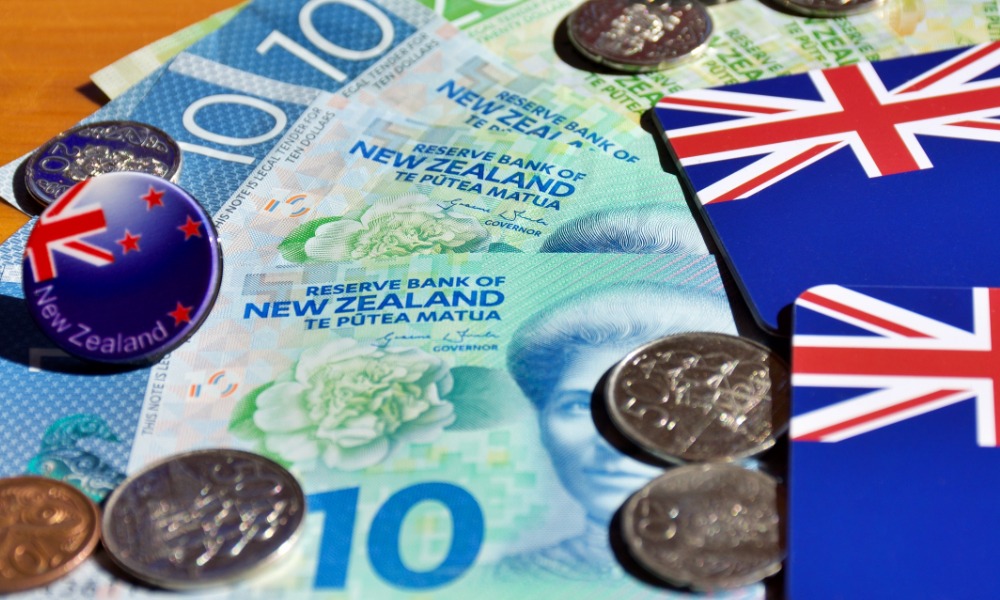New Zealand has a reputation for being relatively corruption-free, but that could change as more businesses operate in offshore markets. HRM looks at what you can do to keep a lid on dodgy practices.
New Zealand business has a good international reputation when it comes to corruption, but the increasing number of organisations starting to operate in foreign markets could see corruption creeping in.
A group of Kiwi businesses and justice organisations, including BusinessNZ, ExportNZ, Serious Fraud Office, Transparency International, Deloitte, Chapman Tripp, Institute of Directors and NZ Institute of Chartered Accountants, have banded together to create anti-corruption training courses which were launched in Auckland this week.
Blair Scotland, principal at Dundas Street Employment Lawyers, said that because New Zealand had such a good reputation, it was easy for businesses to become complacent about having policies in place to deal with corruption.
“It’s interesting to look at the Australian experience with corruption – corporate corruption in particular. One of the areas they’ve focused on is what their employees get up to when they’re offshore, working in parts of the world where controls and laws might be a bit faster and looser than they might have experienced,” he said.
From an HR point of view, having a decent policy around whistle-blowing was a key factor, said Scotland.
“There’s a piece of legislation in New Zealand called the Protected Disclosures Act 2000 and that provides a mechanism to employers for how they should structure whistle-blower protections and provisions.”
It was important to provide whistle-blowers with employment protections so that they could not be dismissed or otherwise targeted if they raised a legitimate concern, he said.
“What I say to employers is that it’s a good idea to have a mechanism of capturing people who raise these concerns and if people are seeing inappropriate, corrupt activities going on, then they should have a mechanism to report them.
“If you are going to provide that mechanism, you want some control as to how that happens and an escalation process because the last thing you want is for the employee to think, ‘I’m not being treated seriously, I don’t know what to do, I’m going to go straight to my MP or to the media’ or something like that.
“If you adopt a policy that’s in line with the Protection Disclosures Act, you have points of escalation, you have definitions about what constitutes serious wrongdoing. You make it clear what the protections are for people who come forward. You can also make it clear what the consequences are for people making false complaints, because you do get that sometimes.”
With more Kiwi businesses expanding into foreign markets, there could be different expectations around how businesses operate and how the “wheels are greased”, said Scotland.
“From an HR perspective, it’s appropriate to set the framework in terms of what business practices the organisation is prepared to agree to and which are inappropriate. One of the key roles of HR is to make employees aware of what the processes are and what the consequences are if they choose to engage in these practices and how they should report any concerns.”
Do you have a policy in place for whistle-blowers?
Related articles
Power really does corrupt








